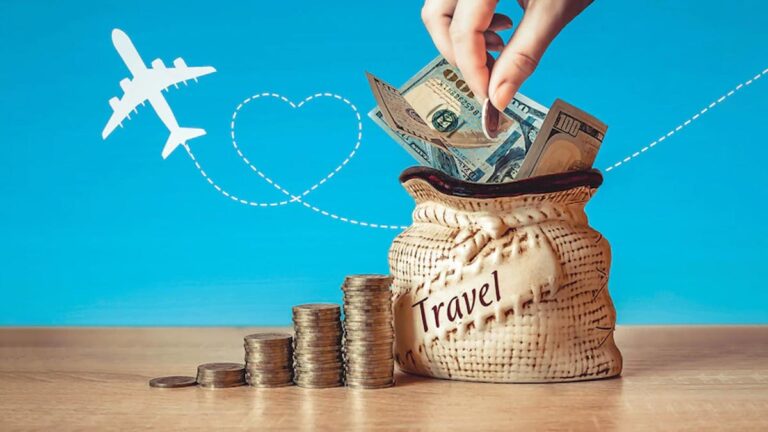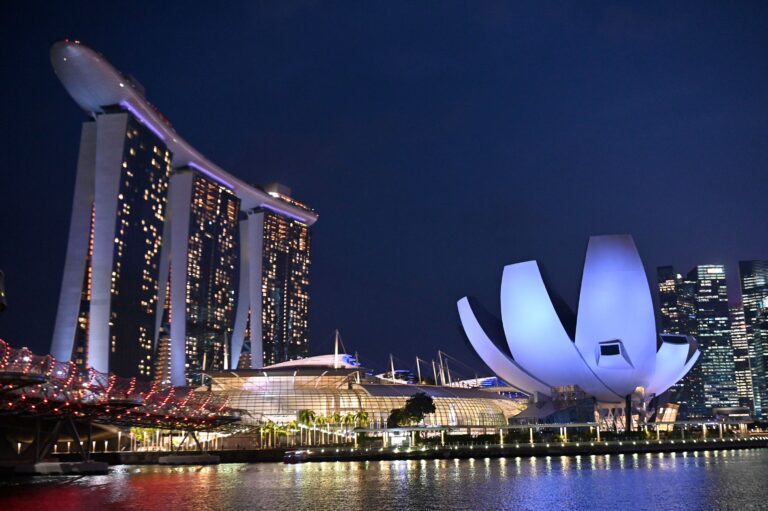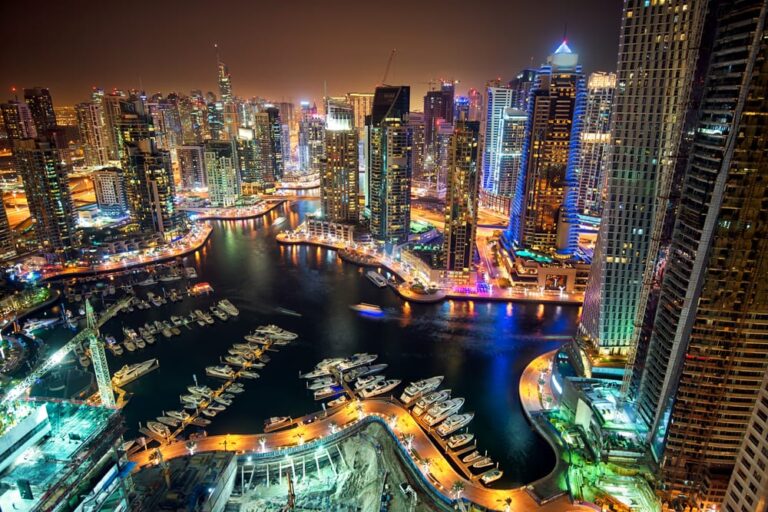How to Apply for a Morocco Visa in Nigeria: Full Guide + Travel Tips, Costs & Safety
From Application to Adventure: My Experience Getting a Morocco Visa as a Nigerian + What to Expect When You Visit
TL;DR
If you’re a Nigerian planning a trip to Morocco, this post covers every detail — from how I personally applied for my visa, where to stay, top attractions, safety tips, budgets, tours, and all the insider info you won’t find elsewhere. The Moroccan Embassy is located at Plot 187, Mississippi Street, off Alvan Ikoku Way, Maitama, Abuja FCT. Call +234 807 505 5555 or visit www.e-visamorocco.com to begin. It’s easier than you think!
How to Apply for a Morocco Visa in Nigeria
I applied for my Moroccan visa at their embassy in Abuja. The process, although formal, was smoother than I expected. Here’s a step-by-step guide based on my firsthand experience:
Step 1: Gather Your Required Documents
- Valid international passport (minimum 6 months validity)
- Completed visa application form (download here)
- Two recent passport-sized photographs
- Hotel reservation or invitation letter
- Flight reservation
- Proof of sufficient funds (bank statement for 3-6 months)
- Travel insurance
Step 2: Submit at the Moroccan Embassy Abuja
Location:
Embassy Contact:
+234 807 505 5555
info@e-visamorocco.com
www.e-visamorocco.com
Step 3: Pay the Visa Fee
Tourist visa fees are around ₦45,000–₦60,000, depending on the exchange rate. Payment is typically made via bank transfer or POS at the embassy.
Step 4: Wait for Processing
Processing takes approximately 10–15 working days. I got mine in exactly 13 days. You’ll get a call or email once your passport is ready for pickup.
My Honest Morocco Visa Review
Personally, I found the Moroccan visa process more structured and faster than some other Schengen or African country applications. I appreciated the staff’s professionalism at the Abuja embassy — they were polite but firm about missing documents. Pro tip: have your photocopies ready, and don’t forget your travel insurance!
Things to See and Do in Morocco
- Marrakech: Visit the souks, ride camels in the Agafay desert, and explore Jardin Majorelle
- Fes: Home to the oldest university in the world — the medina is a maze worth getting lost in
- Chefchaouen: The famous “Blue City” is Instagram heaven
- Sahara Desert: Book a guided overnight Berber camp and stargaze under clear skies
- Casablanca: Great for culture, shopping, and visiting the Hassan II Mosque
How to Stay Safe in Morocco
- Stay alert in crowded areas — pickpocketing does happen
- Dress modestly to avoid unnecessary attention
- Use registered guides for desert tours
- Learn a few French or Arabic phrases — locals appreciate it
- Only exchange money at authorized bureaus
Where to Stay in Morocco
I stayed in a mix of budget hostels and mid-range riads — traditional Moroccan guesthouses. Riads are often affordable and beautifully designed.
Recommended Areas:
- Marrakech: Medina (for first-timers), Gueliz (modern vibe)
- Fes: Old Medina or Ville Nouvelle
- Chefchaouen: Near Outa El Hammam square
Typical Costs in Morocco
Accommodation
₦6,000–₦15,000/night (budget)
₦20,000–₦40,000/night (mid-range riads)
Food
Street food: ₦1,200–₦2,000
Restaurant meals: ₦3,000–₦7,000
Transportation
City taxi: ₦1,000–₦2,500 per ride
Intercity buses: ₦4,000–₦6,000
Suggested Budget for Nigeria to Morocco Trip
- Budget traveler: ₦350,000–₦450,000 (1-week trip)
- Mid-range: ₦600,000–₦800,000
- Luxury: ₦1M+
Money-Saving Tips
- Travel during off-peak (May or October)—flights and hotels are cheaper
- Book flights in advance via budget-friendly airlines
- Use CTM or Supratours buses to move between cities
- Bargain at markets — it’s expected!
- Eat local — Moroccan street food is safe and delicious
How to Get Around in Morocco
- **Taxis:** Red taxis (Marrakech) or blue taxis (Fes) for short rides. Agree on price before entering
- **Trains:** ONCF trains are safe and comfortable
- **Buses:** Supratours and CTM are reliable for intercity travel
- **Walking:** In medinas, walking is often the best option!
When’s the Best Time to Visit Morocco?
- Spring (March–May): Lush scenery, moderate temps
- Autumn (September–November): Ideal for Sahara treks
- Summer (June–August): Very hot inland — best for coastal cities like Essaouira
How to Get to Morocco from Nigeria
Royal Air Maroc flies directly from Lagos or Abuja to Casablanca. You can also fly via Istanbul, Doha, or Paris depending on your airline. Flight time: approx. 5–7 hours.
Exploring Around Morocco
Plan for 1–2 weeks to properly explore. Start in Marrakech, head to Fes, then Chefchaouen, and cap it off in the Sahara or Casablanca. Public transport and guided tours make it easy.
Best Tours to Book
- 3-Day Sahara Desert Tour from Marrakech
- Chefchaouen Day Trip from Fes
- Atlas Mountains + Berber Villages Hiking Tour
- Hammam & Spa Experiences in Marrakech
Recommended Length of Stay
At least 7–10 days to comfortably visit the highlights. I stayed for 12 days and didn’t want to leave!
FAQs—Morocco Visa for Nigerians
Can Nigerians get a Morocco visa on arrival?
No. Nigerians must apply in advance at the Moroccan Embassy in Abuja.
How much is the Morocco visa fee in Nigeria?
₦45,000 to ₦60,000, depending on the type of visa and exchange rate.
How long does it take to get a Morocco visa in Nigeria?
Typically 10–15 business days.
Do I need an invitation letter for a Morocco visa?
Not necessarily — hotel reservations usually suffice unless you’re visiting family/friends.
Is Morocco safe for Nigerian travelers?
Yes, especially tourist-friendly cities. Just exercise normal caution.




